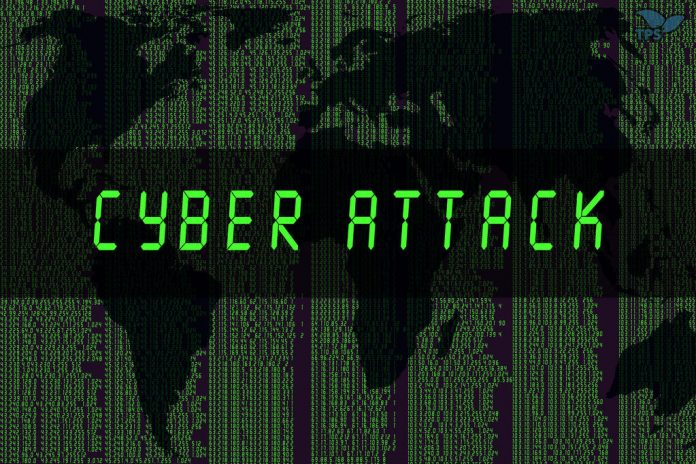

Jerusalem, 2 March, 2022 (TPS) — BGN Technologies, the technology transfer company of Ben-Gurion University of the Negev (BGU), announced Wednesday in the Cybertech Global Tel-Aviv 2022 conference the launch of the joint Israel-US consortium in the field of cyber protection of energy facilities, for the purpose of promoting an R&D collaboration that will address cyber threats on energy sources and facilities.
Total investment is estimated to reach $12 million, including funds from the participating institutions.
The consortium, named ICRDE, is part of the US-Israel Energy Center managed by the BIRD Foundation. The Israeli and US Ministries of Energy and The Israeli Innovation Authority chose a consortium led by Ben-Gurion University along with Arizona State University.
Ben Gurion University explained that the frequency and scale of cyberattacks on energy facilities are rising, and many countries are seeking new and efficient methods for protecting critical resources such as water, electricity, and gas, as well as the facilities that produce, dispense and store energy. According to a report of the World Economic Forum, published in 2020, cyberattacks on critical infrastructure facilities ranked fifth in terms of level and number of threats.
This high threat level prompted the two governments to acknowledge the urgent need to invest resources to minimize the danger and the scope of potential damage. The climate crisis also highlights the need to recruit the most accomplished researchers to develop products and services to deal with the effects of climate change.
To protect energy facilities, the consortium will promote projects focusing on all manufacturing stages, as well as storage and energy distribution. The consortium provided a detailed work plan based on comprehensive research by American and Israeli researchers.
Dr. Rami Puzis, Department of Software and Information Systems Engineering, BGU, said that “ICRDE aims to promote joint R&D for protection from energy-related cyber threats and will encompass the following categories: establishing a database of cyber-physical system (CPS) attacks on energy facilities and simulation of these attacks in a controlled research environment; development of technology and advanced tools for monitoring and correlating the information technology (IT) and the operational technology (OT) layers of Industrial Control Systems (ICS) to protect energy infrastructures from attacks. Joint teams will develop, assess, and incorporate new technologies developed by the consortium members, transforming them into cybersecurity solutions for Israel and the US.”
Members in the consortium include Israeli and American companies as well as government and research institutions. Activities will be led by BGU alongside Arizona State University. Among the US partners: Georgia Institute of Technology, Nexant, Delek US, Duquesne Light Company, Schweitzer Engineering Laboratories and the MITRE Corporation. The Israeli partners include the following companies: Otorio, RAD, SIGA OT Solutions, Arava Power, DK Innovation and Meptagon.
Josh Peleg, CEO of BGN Technologies, added that “Choosing BGU to lead the binational Israel-US consortium for cyber-protection of energy infrastructure is another validation of BGU’s leadership both in the cyber and energy arenas. We look forward to a fruitful research collaboration between the industry and the Israeli and US research institutions consortium members, leading to invention, development and marketing of vital solutions, now and in the coming years, for cyber-protection of essential infrastructure.”





